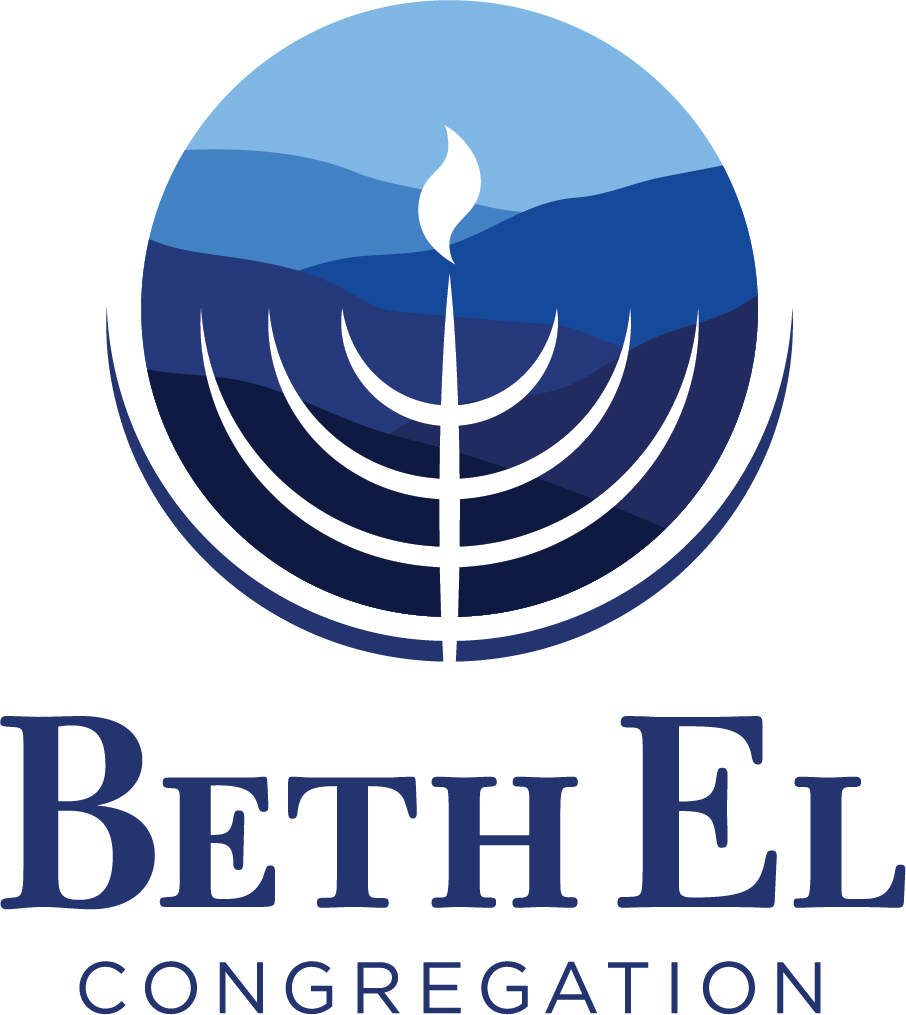D’var Torah – Sept 6
The Art of Menschlichkeit
Shabbat Shalom!
I hope this finds you all well.
When I was a young boy, one of the first things my grandfather ever taught me was to hold open the door for women, the elderly, the disabled, and anyone who was carrying a lot of items in their hands. As I got older, my parents expanded this list: shoveling the driveways and walkways and raking the yards of elderly neighbors, walking the dogs for folks in the neighborhood who were on vacation or recovering from surgery, and delivering food to those who were sitting shiva.
When I asked my folks why I was supposed to do these things, they responded, “We’re teaching you menschlichkeit.” And what is menschlichkeit? Simply put, it is the art of being a proper gentleman or lady.
Menschlikeit is a middah – deeply held Jewish value. Minschlikeit did not come to us out of the blue. Rather, it is found in the very fabric of Torah. Case in point – in this week’s parsha of Ki Teitzei (Deuteronomy 21:10-25:19) we receive several such examples:
“If you see your fellow Israelite’s ox or sheep gone astray, do not ignore it; you must take it back to your peer.” (*Deuteronomy 22:1)
“If your fellow Israelite does not live near you or you do not know who [the owner] is, you shall bring it home and it shall remain with you until your peer claims it; then you shall give it back. You shall do the same with that person’s donkey; you shall do the same with that person’s garment; and so too shall you do with anything that your fellow Israelite loses and you find: you must not remain indifferent.” (*Deuteronomy 22:2-3)
“If you see your fellow Israelite’s donkey or ox fallen on the road, do not ignore it; you must raise it together.” (*Deuteronomy 22:4)
There are several more such mitzvot in this parsha alone. The point is clear – we must proactively seek to look out for and act kindly and with consideration towards our friends and neighbors.
We are blessed to find ourselves in the month of Elul, a true z’man mechina – a time of deep spiritual reflection and preparation for Rosh Hashanah, the New Year. In this time of powerful awareness and conscious mindfulness, I want to urge us all to carve out some time for self-reflection, inspired by this week’s parsha. For instance, let us ask ourselves questions such as: over the last year, what were those times where I could have helped out but chose not to? And, when was I indifferent when someone needed my help? These questions invite us to look at the past with curiosity and honesty – they are meant to build self-knowledge that fuels us towards growth.
With information of where we have fallen short, then we can look ahead and ask: how will the year 5786 be different? Perhaps you can set a goal for charity or good deeds both for yourself and your family, and make clear plans to fulfill your goals towards this end.
Just as the leaves are currently changing into their autumnal colors on the trees, so may we transform in renewing our desire to be better, more caring, more altruistic, and more charitable friends, family members, citizens, Jews, and servants of God in the upcoming year. May our community be a source of inspiration as we witness each other finding new ways of performing goodly deeds, whether they be at shul events or otherwise.
Bizrat HaShem, with God’s help, in this month of Elul and on the cusp of the new year of 5786, may we all feel the call to perfect the holy art of Menschlichkeit.
Wishing you a Good Shabbos and a great weekend.
Bivrakha,
Rabbi Aaron Stucker-Rozovsky
Beth El Congregation | 520 Fairmont Ave, Winchester, VA 22601
(540) 667-1889 (office)
